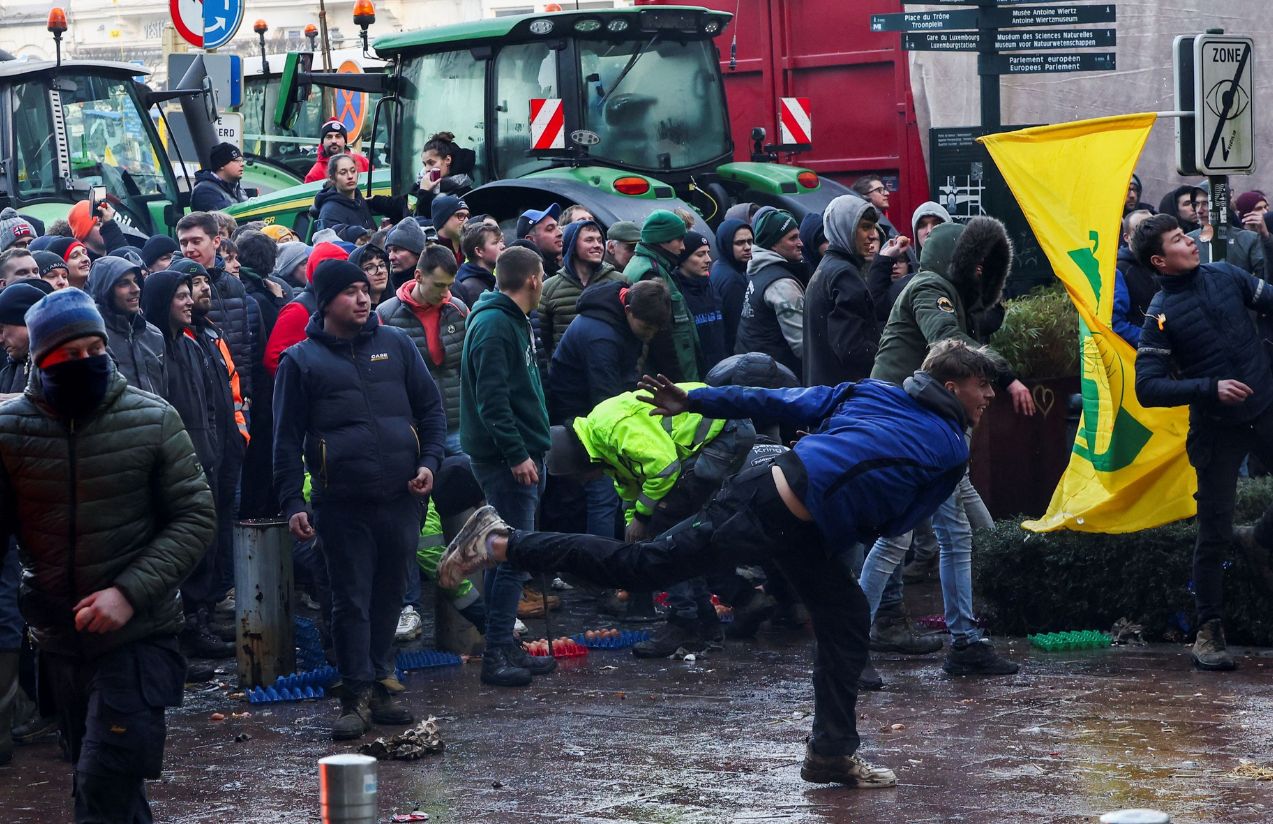This episode reflects the growing political tension in the country, as far-right parties appear to be gaining ground in public discourse. Analysts warn that such demonstrations could significantly affect the election campaign, mobilizing both supporters and opponents of the movement.
Could this outbreak of violence in protests strengthen or weaken the far right in the upcoming elections?
On one hand, public confrontation may energize the far-right base by showing defiance against perceived threats to order; on the other, the excesses and violence could alienate moderate voters, pushing them toward more centrist options in rejection of political unrest.

